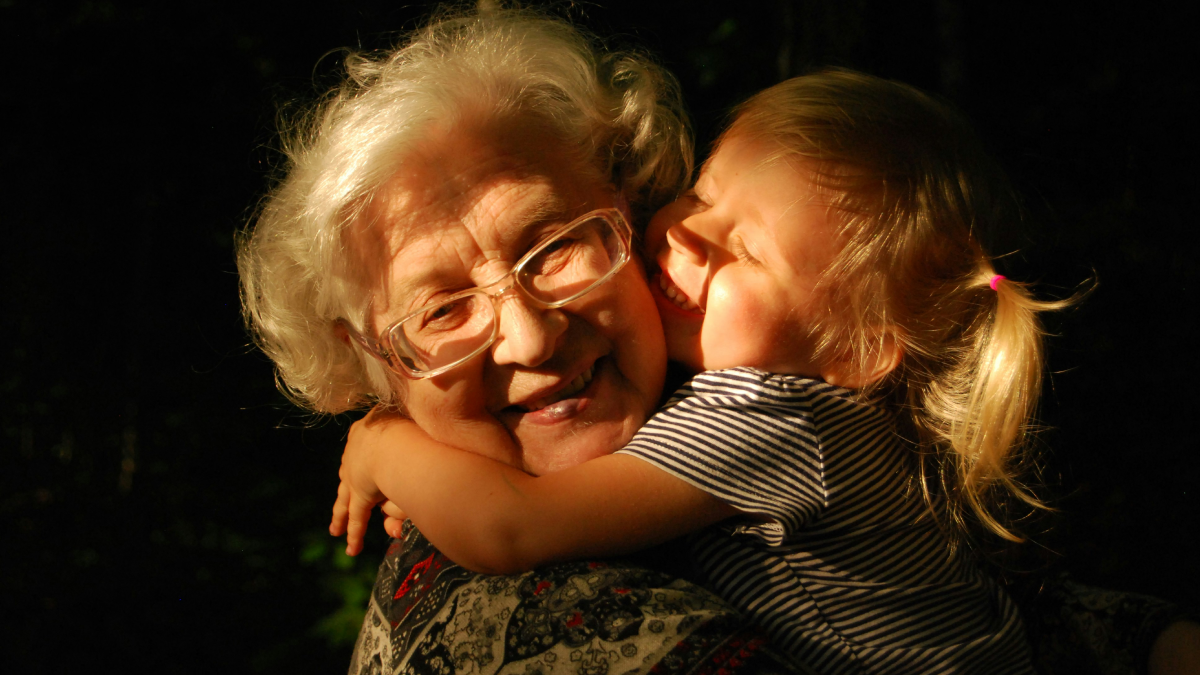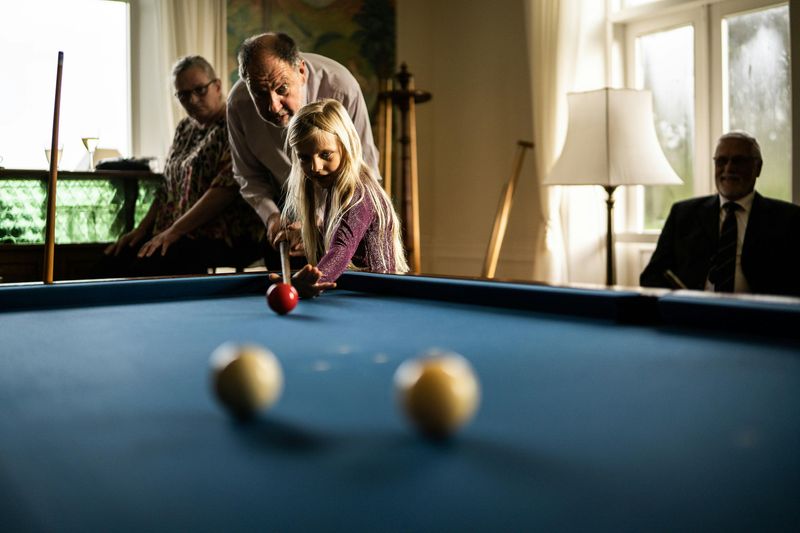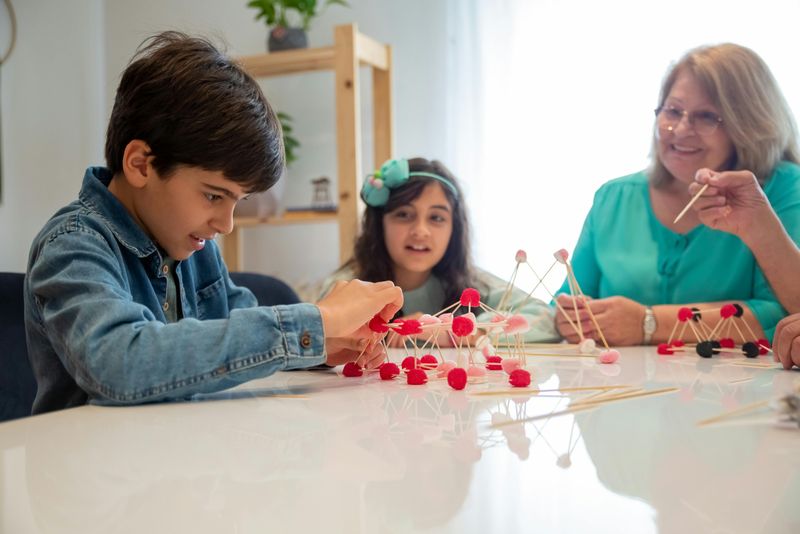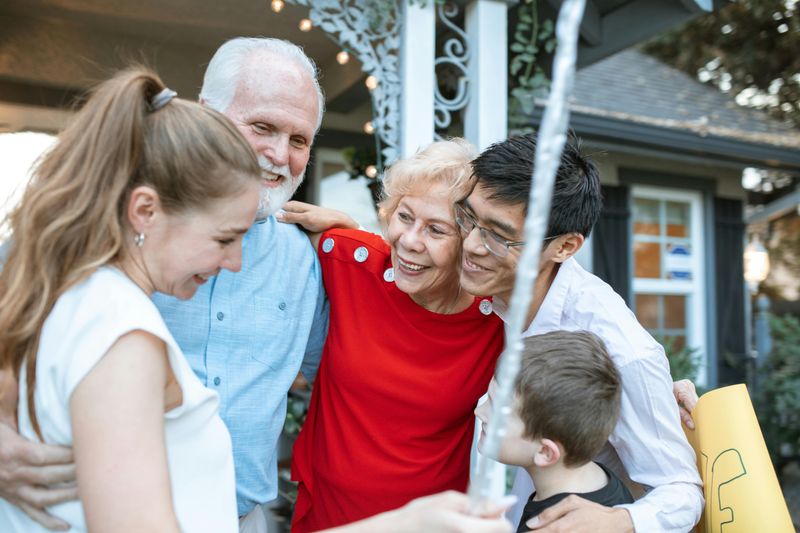The bond between grandparents and grandchildren has always been special, filled with stories, laughter, and life lessons. But if you’ve noticed that grandma and grandpa aren’t around as much as they used to be, you’re not alone. Modern life has transformed family dynamics in ways that make those frequent visits much harder to maintain. Understanding why this shift has happened can help families find new ways to stay connected.
1. Families Are More Geographically Spread Out
Back in the 1980s, multiple generations often lived within walking distance of each other. Grandparents could pop over after dinner, and kids could bike to Grandma’s house on weekends. Those days feel like ancient history now.
Career opportunities pull families to different corners of the country or even the world. What used to be a five-minute drive has become a five-hour flight. Spontaneous weekend visits have transformed into carefully planned trips that require vacation days, plane tickets, and hotel reservations.
Geographic distance doesn’t erase love, but it certainly changes how often families can gather around the same table.
2. More Dual-Income Households Mean Busier Parents
Economic realities have pushed more families into dual-income situations. Both mom and dad clock in at work, juggling demanding schedules that leave little wiggle room. Family calendars resemble complicated puzzles with work meetings, school pickups, and soccer practice all competing for space.
When every hour is accounted for, extended family visits become harder to fit in. Parents might want Grandma to come over for dinner, but coordinating everyone’s schedule feels like solving a Rubik’s cube. The flexibility that allowed for casual drop-ins has largely disappeared.
3. Grandparents Are Working Longer
Retirement at 65 used to be the standard, but today’s grandparents are rewriting that script. Financial needs, longer lifespans, and the desire to stay engaged keep many working well into their 70s. They’re still attending meetings, managing projects, and building careers.
This extended work life means grandparents have less free time during weekdays for babysitting or surprise visits. The retirement years, once dedicated to family time, are now filled with professional responsibilities.
Weekends become their only available slots, and those fill up quickly.
4. Modern Mobility Has Changed Family Dynamics
Previous generations typically stayed rooted in their hometowns, building lives where they were born. Today’s world celebrates mobility—chasing better jobs, warmer climates, or new adventures. Families relocate without thinking twice, treating cross-country moves as normal life transitions.
This mobility creates exciting opportunities but fractures the geographic closeness families once enjoyed. Visiting grandparents transforms from a casual Sunday activity into a major expedition requiring advance planning.
The ease of staying connected digitally can mask how much physical distance truly impacts relationships.
5. Digital Communication Has Replaced Some In-Person Time
Technology promised to bring families closer, and in some ways, it delivered. Video calls let grandparents watch their grandkids blow out birthday candles from thousands of miles away. Text messages share daily updates that would have been lost in previous generations.
However, screen time has quietly replaced face-to-face meetings in many families. A quick FaceTime chat feels like staying connected, reducing the urgency to plan actual visits.
However, digital interactions lack the warmth of real hugs, the smell of grandma’s cookies, and the irreplaceable feeling of being together in the same room.
6. Changing Cultural Norms Around Caregiving
Grandparents once served as automatic backup childcare, watching kids after school and throughout summer vacations. Families expected this arrangement, and grandparents embraced the responsibility as their natural role.
Today’s families have shifted toward professional childcare options like daycare centers, after-school programs, and hired nannies. These formal arrangements provide structure and educational benefits but reduce daily grandparent involvement.
Different doesn’t mean worse—just different from the grandparent-as-caregiver model that dominated previous generations.
7. Grandparents Have More Active, Independent Lifestyles
Today’s grandparents refuse to fit old stereotypes of elderly people sitting in rocking chairs. They’re launching businesses, traveling to exotic destinations, joining fitness classes, and pursuing passions they postponed during their working years. Retirement has become an adventure rather than a wind-down.
This newfound independence is inspiring but comes with time constraints. Grandparents might be trekking through Europe when school lets out or attending art classes during typical babysitting hours. Their active lives mean less predictable availability for grandkid time, even when everyone lives nearby.
8. Fewer Multi-Generational Households
Multi-generational living used to be standard practice, with grandparents occupying rooms down the hall or in converted garage apartments. Daily interaction happened naturally—breakfast conversations, evening TV time, and constant presence created effortless bonding opportunities. Nobody had to schedule quality time because every day brought it.
Modern families increasingly choose independent living arrangements. This independence offers privacy and autonomy but eliminates those spontaneous daily interactions that built strong grandparent-grandchild bonds without anyone trying.
9. Kids’ Schedules Are Busier Than Ever
Childhood has transformed into a carefully orchestrated series of activities and commitments. Soccer practice, piano lessons, coding clubs, tutoring sessions, and homework fill every available hour. Kids carry planners like busy executives, with color-coded schedules that would exhaust most adults.
Free time has become a rare commodity, leaving little room for unstructured visits with grandparents. Weekends that could be spent at grandma’s house are instead packed with tournaments and recitals.
Parents want their children to have opportunities, but the packed schedules inadvertently squeeze out extended family time.
10. Shifting Family Structures and Dynamics
Divorce rates and remarriage have created complex family trees with multiple sets of grandparents, step-grandparents, and half-siblings. Holidays and special occasions require careful negotiation about who gets time with the kids and when. What was once simple has become a delicate balancing act.
Some grandparents inevitably receive less time due to custody arrangements, geographic proximity, or family preferences. Blended families bring richness and diversity, but also logistical challenges that previous generations rarely faced.
11. Spending Time Together Has Become More of a Special Event
Grandparent visits have evolved from casual, everyday occurrences to planned events marked on calendars weeks in advance. What used to happen spontaneously—stopping by for Sunday dinner or dropping kids off for an afternoon—now requires coordination, travel arrangements, and sometimes vacation time from work.
These special occasion visits carry more weight and anticipation, creating memorable moments during holidays and birthdays. Yet something valuable gets lost when relationships shift from constant presence to scheduled appearances.
The small, ordinary moments—helping with homework, baking cookies on a random Tuesday, or watching cartoons together—disappear when visits become rare events.











